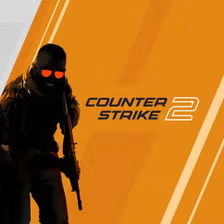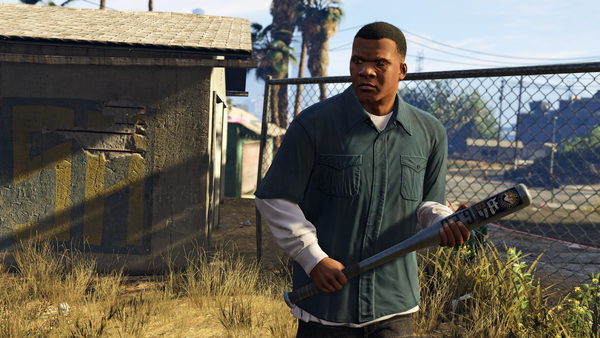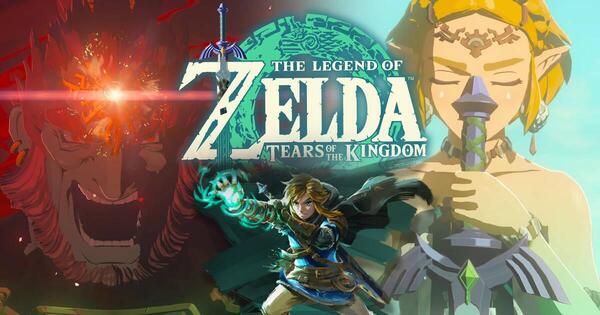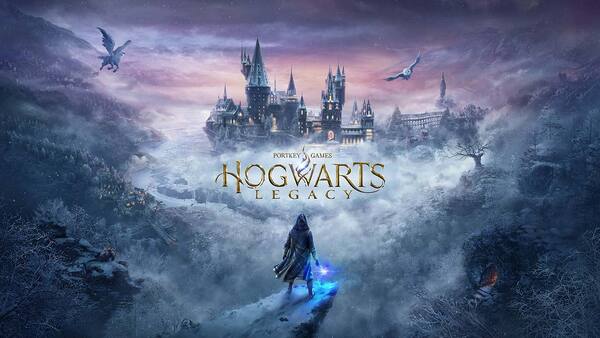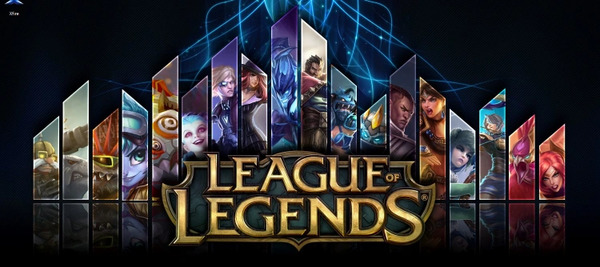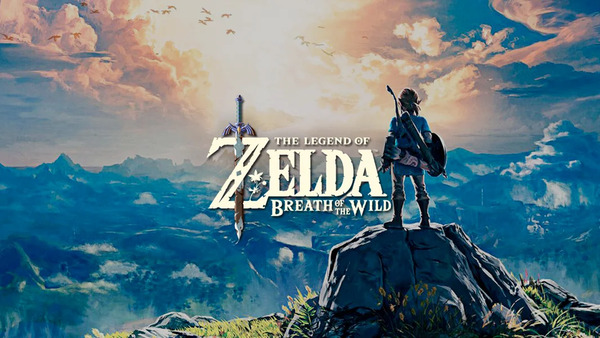Dune: Awakening – Surviving the Sands and Securing Your Assets
Dune: Awakening is a survival MMO that transports players to the harsh, sand-swept world of Arrakis, where water is sacred, betrayal is common, and danger is inevitable. Developed by Funcom, this open-world game blends survival, exploration, base-building, and political intrigue in a rich sci-fi setting inspired by Frank Herbert’s legendary Dune universe.
Survival in this world is more than brute force—it’s about managing risk. From storing resources to defending your territory, Dune: Awakening forces players to think like strategists. These in-game systems draw strong parallels with real-world concepts such as insurance, risk mitigation, and making a claim after loss. Let’s explore how.
1. Entering Arrakis: A Land Built on Risk
Dune: Awakening begins with a player arriving on Arrakis, the most hostile environment in the universe. It’s not just the sandworms and extreme temperatures—it’s other players, rival factions, and limited resources that make survival a constant battle.
Much like real life, players must ask: What if something goes wrong? That’s the core question behind insurance. Whether it's covering a home, vehicle, or life, insurance exists to manage risk. In Dune: Awakening, your entire gameplay strategy revolves around preparing for worst-case scenarios.
Key Early Risks
-
Running out of water
-
Getting caught in sandstorms
-
Losing your gear during early raids
Early-game success depends on learning how to avoid, reduce, or recover from these risks.
2. Character Creation: Your First Investment
In Dune: Awakening, your character build is more than just aesthetics. You're choosing your starting strengths, weaknesses, and future path. Combat specialization? Resource gathering? Political manipulation?
These choices are like selecting insurance policies. You assess your future risks—PvP attacks, resource shortages, or failed negotiations—and invest accordingly. A combat-focused player, for example, is protected against raiders, but might struggle with diplomacy.
Specialization Options
-
Stealth and survival: Risk-averse explorers
-
Combat and weapons: Front-line fighters
-
Diplomacy and trade: Masters of negotiation
Smart players don’t just think about strengths—they consider what kind of claims they'll need to make when things go wrong.
3. Building a Base: Shelter as Your Policy
Once you’ve stabilized your character, you’ll want a base. This is where you craft, store, and strategize. Think of it as your in-game version of property ownership—and like any valuable property, it needs insurance-like protection.
Bases can be attacked, looted, or destroyed by both players and environmental events. Without proper fortification, all your hard work can vanish overnight.
Base Protection Tactics
-
Reinforced walls
-
Hidden storage vaults
-
Alarm systems or AI turrets
Players who invest in protection minimize the need for a recovery claim—because prevention is always better than repair.
4. Managing Resources: Economic Survival
Resource management in Dune: Awakening mirrors financial planning. Water, spice, and construction materials aren’t just items—they’re currency, bargaining tools, and survival essentials.
In real life, we use insurance to secure economic assets like homes or investments. In-game, resource hoarding without diversification is risky. A rival faction could attack your spice field, or a sandstorm could destroy your supply chain. Having backup locations and alternate sources is your version of coverage.
Smart Resource Strategies
-
Spread resources across multiple storage points
-
Trade surplus for political or strategic advantage
-
Invest in defensive upgrades
Think ahead. If you lose a key resource, what’s your backup claim?
5. Faction Politics: Social Insurance
Joining a faction in Dune: Awakening provides support and protection—but also brings risk. Factions can turn on each other. Alliances can dissolve. Being too dependent can leave you exposed.
Much like social safety nets or community-based insurance, being in a faction means shared risk and shared reward. You contribute, you gain protection. But if the faction collapses or becomes a target, you might have to flee, regroup, and reassess.
Benefits of Faction Membership
-
Coordinated defense during large-scale raids
-
Access to shared resources and blueprints
-
Political influence in regional disputes
Align wisely, because not every faction can help you file a successful claim after a disaster.
6. PvP Combat: High-Risk, High-Reward
Combat is at the heart of Dune: Awakening. Sometimes it's self-defense; sometimes it’s conquest. Either way, going into battle without preparation is like driving without insurance.
Weapons degrade. Gear can be lost permanently. If you’re defeated, you might lose everything you carried. Victory, on the other hand, lets you make bold claims on territory, loot, or control over spice fields.
Combat Risk Checklist
-
Do you have a backup loadout?
-
Are your allies ready to respond?
-
Do you know the terrain?
Approach every battle with a loss-recovery mindset, not just a kill count.
7. Sandworms and Natural Disasters: The Acts of God
Arrakis isn’t just dangerous because of other players. The planet itself wants you dead. Sandworms, sandstorms, and heatwaves are random, devastating, and relentless. You can’t beat nature—you can only prepare for it.
This is where the idea of natural disaster insurance comes into play. In real life, we insure against earthquakes, hurricanes, and wildfires. In-game, players use vaults, underground storage, or quick-travel systems to escape environmental threats.
Environmental Survival Tips
-
Always scout before settling in a region
-
Avoid unnecessary movement during known storm seasons
-
Build near escape points or fast-travel hubs
There’s no refund after a sandworm eats your entire convoy—unless you’ve made your own kind of claim strategy.
8. Death and Item Loss: How to Rebuild
Death in Dune: Awakening is punishing. You drop your items, lose your loadout, and potentially return to a devastated base. It’s at this point players understand the true value of backup systems.
In real life, insurance exists so you can make a claim and rebuild. In the game, it’s all about your foresight. Did you store extra gear in your base? Did you have a backup alliance to protect your assets? If not, rebuilding from scratch is grueling.
Post-Death Recovery Plan
-
Maintain multiple stashes of critical gear
-
Create secondary respawn locations
-
Establish recovery teams with allies
You can’t avoid death—but you can control what happens after it.
9. Trading and Logistics: Market Risk
Trade is a major element in Dune: Awakening. But trading goods across the desert carries enormous risk. Caravans can be raided. Markets fluctuate. Deals can turn into ambushes.
Logistics professionals in the real world use insurance to protect shipments. In-game, players must use route planning, escort services, and alliance protection. If your shipment is ambushed, there’s no automated claim form—just vengeance or re-supply.
Safe Trade Practices
-
Never carry all your valuables at once
-
Use scouts to check routes
-
Partner with larger factions for protection
Being a merchant doesn’t mean being vulnerable—it means being strategic.
10. Long-Term Strategy: The Ultimate Insurance
The ultimate form of insurance in Dune: Awakening is your strategy. It’s how you manage risk, build alliances, maintain flexibility, and plan for disasters.
Players who succeed in the long run do so by expecting failure and designing systems to recover. This could mean diplomatic connections, underground bases, black-market trades, or alliances with rogue factions.
Long-Term Success Checklist
-
Do you have multiple income streams (resource, combat, trade)?
-
Are your assets diversified across locations?
-
Can you make a claim—a comeback—after loss?
This game rewards resilience over recklessness.
Conclusion: Survive Smarter, Not Harder
Dune: Awakening is a survival experience layered with risk, politics, economics, and combat. It’s not about being the strongest—it’s about being the smartest. Whether you’re preparing for war, surviving the desert, or navigating politics, you need backup plans.
In essence, the entire game is built on the idea of insurance—safeguarding what you’ve built. And every victory or recovery is your version of filing a claim against the universe and refusing to lose.
















